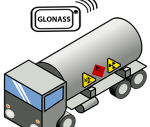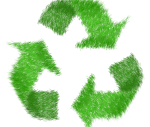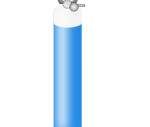Russia: Installing GLONASS navigation on vehicles transporting dangerous goods
As of 15 April 2018, owners of transport vehicles used for dangerous goods transportation are required to use the revised procedure for the installation of GLONASS navigation system on such vehicles. The requirement to install GLONASS navigation on vehicles transporting dangerous goods has existed before and is not a new one.
